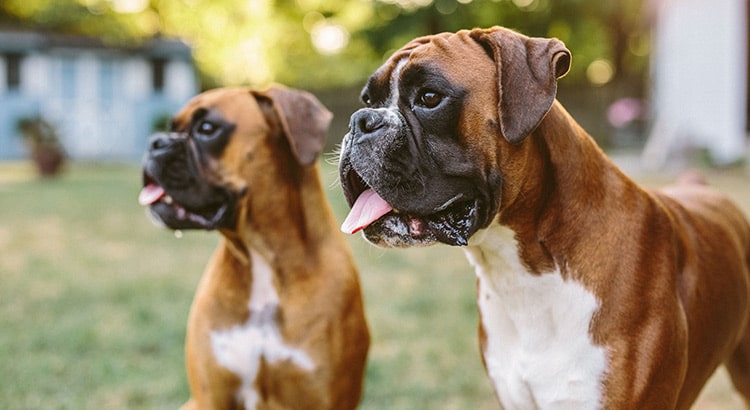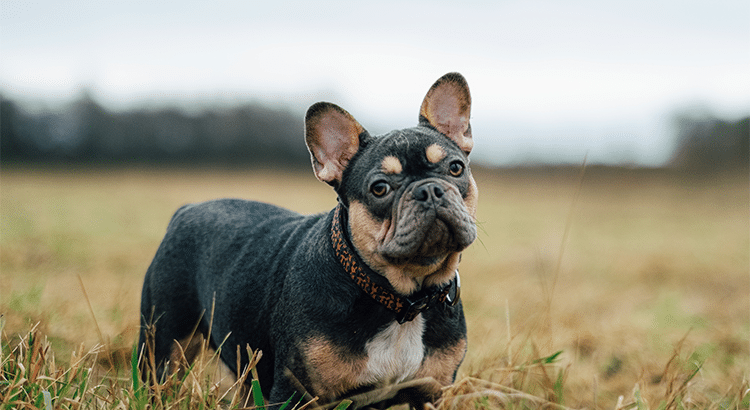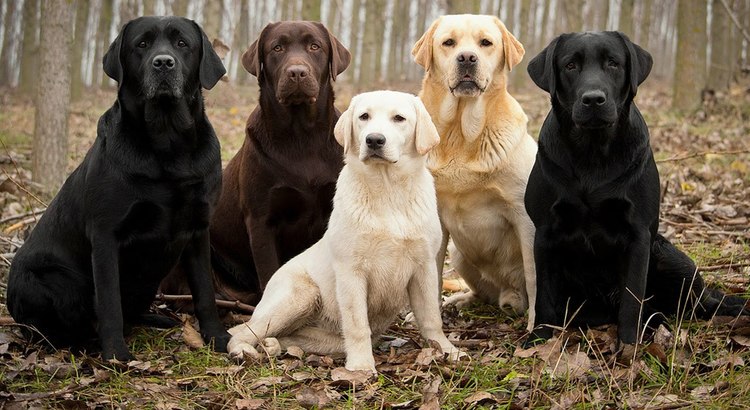The Boxer: History and Origins
The Boxer, a breed known for its strong and muscular appearance, has a fascinating history that dates back to the 19th-century Germany. Its ancestry can be traced to the now-extinct Bullenbeisser, a breed used for hunting large game such as wild boars and bears. Crossbreeding Bullenbeissers with Bulldogs and Mastiffs produced a strong and agile breed, the Boxer, which was primarily used for hunting and guarding.
Behaviors that Define the Boxer
Boxers are renowned for their distinctive personalities. These dogs are full of energy, curiosity, and boundless enthusiasm, making them a joy to be around. Here are some key behavioral traits that set Boxers apart:
Energetic: Boxers are high-energy dogs, always ready for playtime or a long walk. Regular exercise is essential to keep them happy and healthy.
Intelligent: Boxers are intelligent and quick learners, which can be both a blessing and a challenge for their owners. They thrive on mental stimulation, so puzzle toys and training games can keep their minds engaged.
Playful and Affectionate: Boxers are incredibly affectionate and love being a part of the family. They are known to form strong bonds with their owners and often think of themselves as lapdogs, despite their size.
Protective: Boxers have a strong protective instinct and are naturally suspicious of strangers. This makes them excellent watchdogs, but they also require proper socialization to prevent aggressive behavior.
Training Techniques for Boxers
Boxers thrive on positive reinforcement training methods. Here are some tips to ensure successful training with your Boxer:
Consistency: Be consistent in your commands and expectations. Boxers respond best to clear and predictable training routines.
Positive Reinforcement: Reward good behavior with treats, praise, and affection. Boxers are eager to please, and positive reinforcement encourages them to repeat desired actions.
Socialization: Early socialization is crucial to prevent any aggressive tendencies. Expose your Boxer to various people, animals, and environments to help them become well-adjusted adults.
Social Requirements of Boxers
Boxers are social dogs and thrive in the company of their human family. Here are some social requirements to consider:
Family Time: Boxers are happiest when they can be a part of family activities. They may suffer from separation anxiety if left alone for extended periods of time.
Playmates: Boxers enjoy the company of other dogs and can benefit from playdates at dog parks or even with other dog-loving friends.
Supervision: While Boxers are generally great with children, their energy and enthusiasm can be overwhelming for small kids. Always supervise interactions to ensure the safety of both the dog and the child.
Conclusion
In conclusion, the Boxer breed offers a delightful mix of energy, intelligence, and affection that makes them a wonderful addition to any family. Understanding their history, behaviors, unique facts, training techniques, and social requirements is crucial for providing the best care and companionship to these loveable dogs. Do you have a Boxer or plan on adding the four-legged breed to your family soon? Pin Paws Pet Care is customizable pet insurance that helps owners save on out-of-pocket costs associated with caring for their pet. Learn more here: Pin Paws Pet Care.





